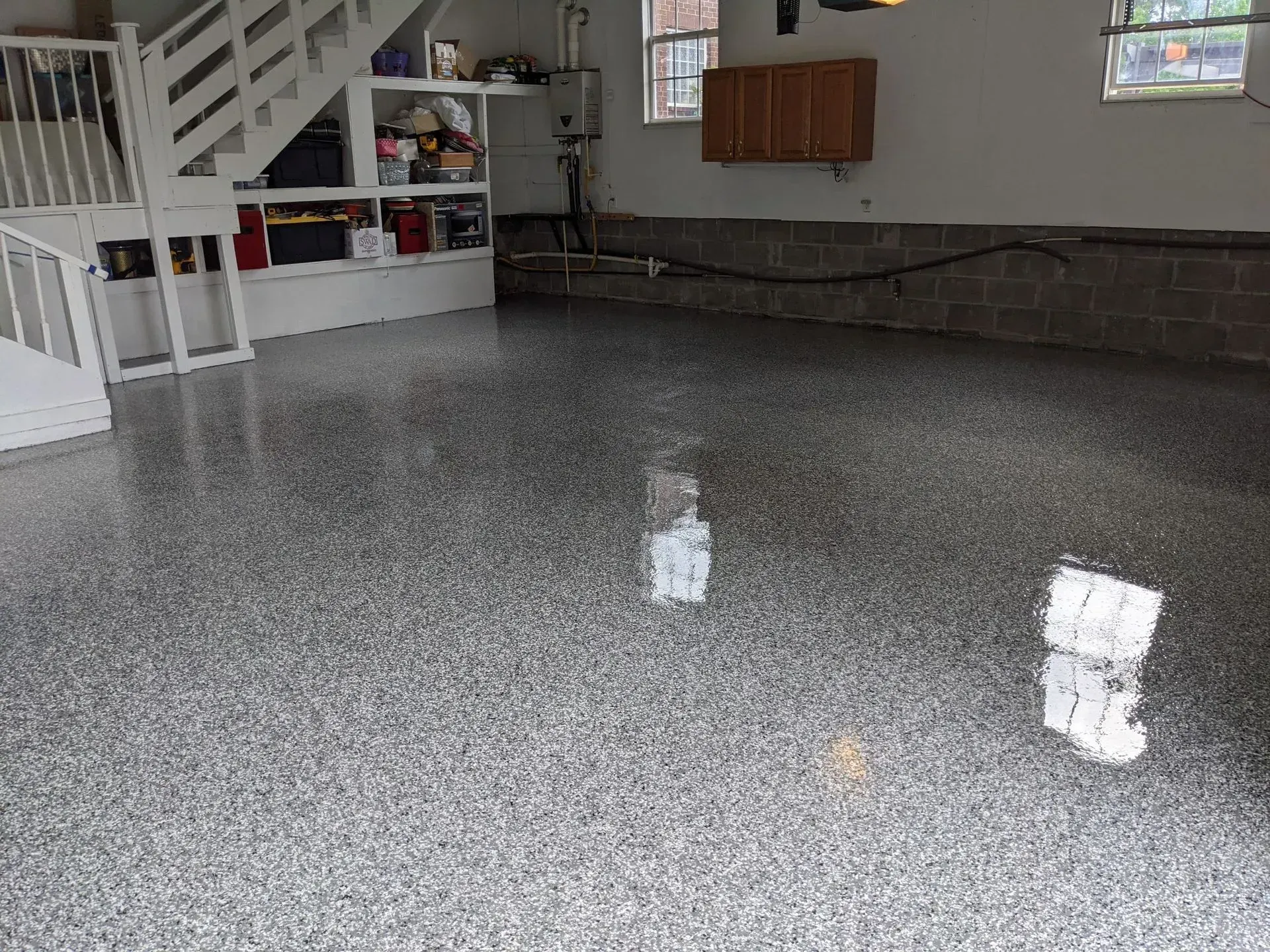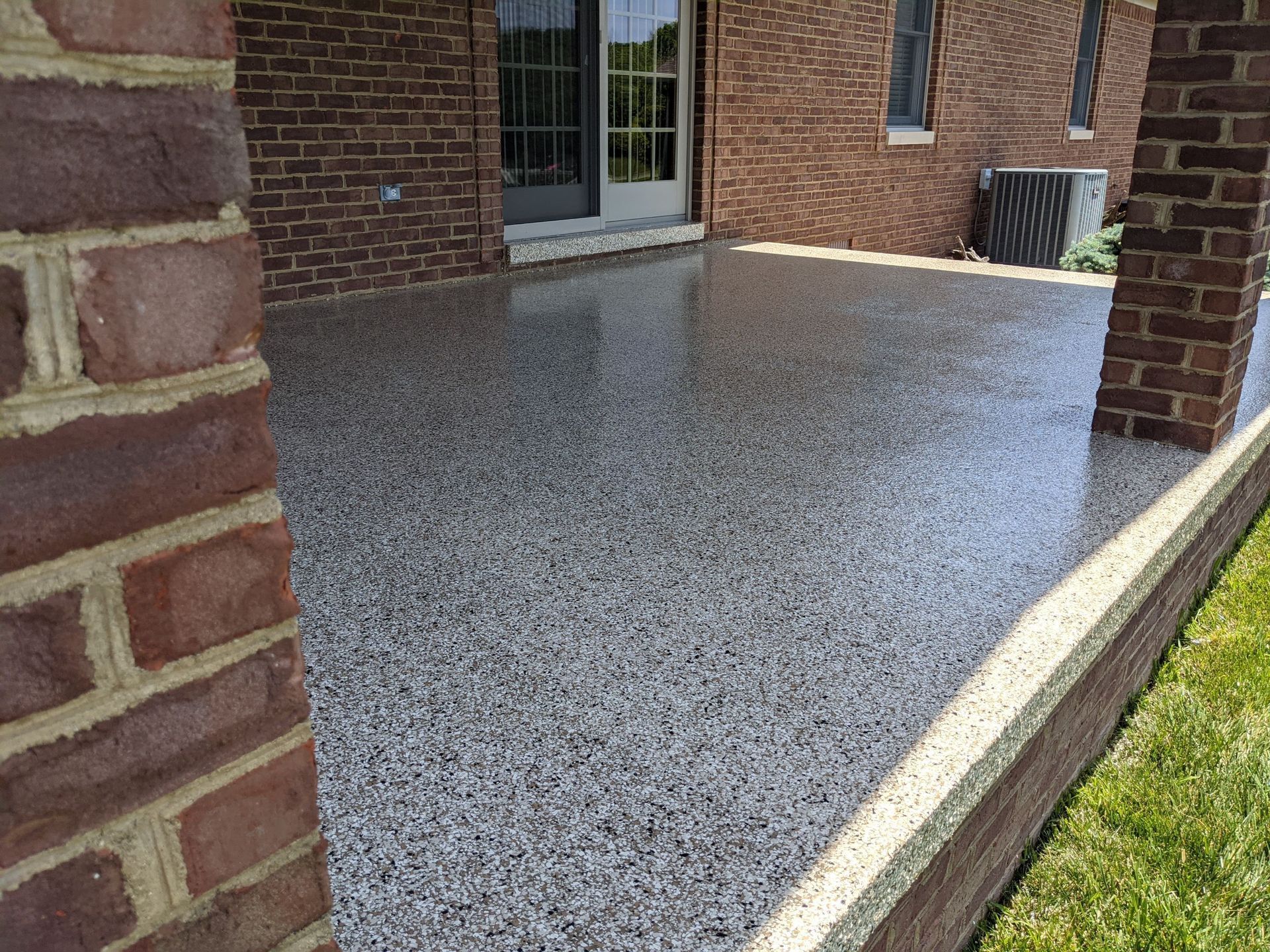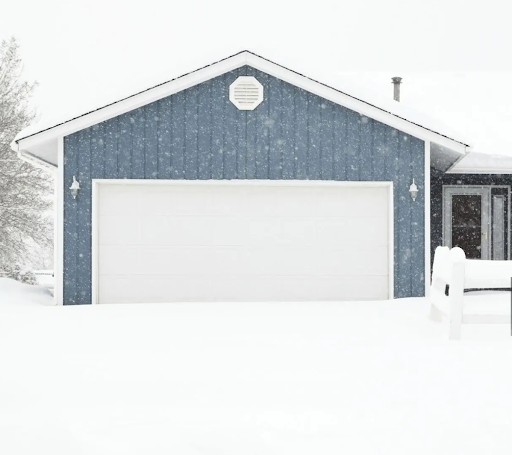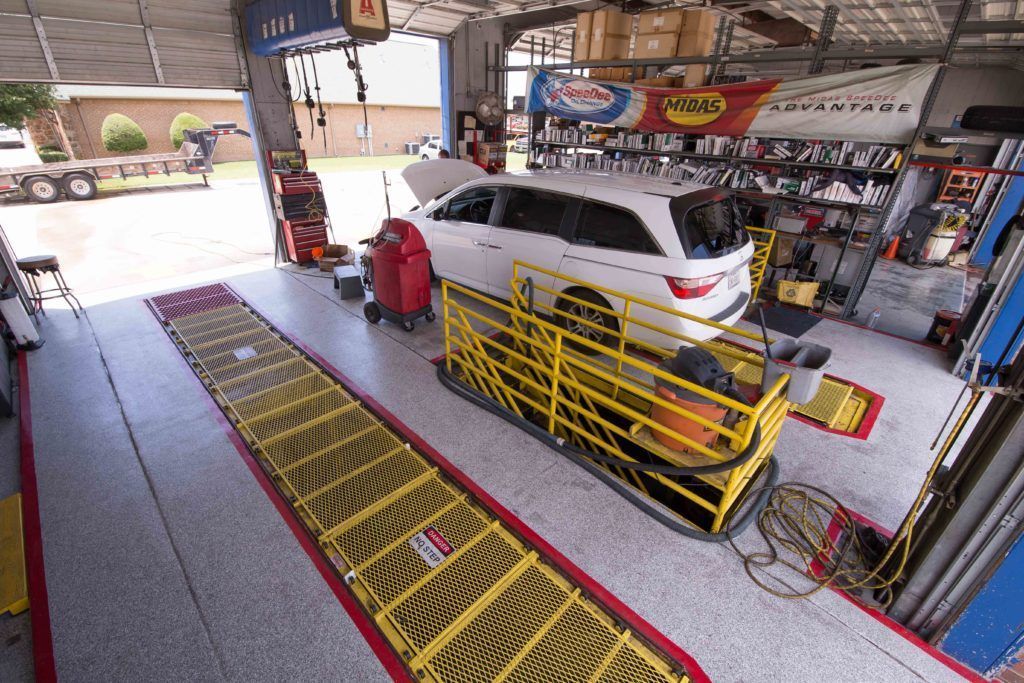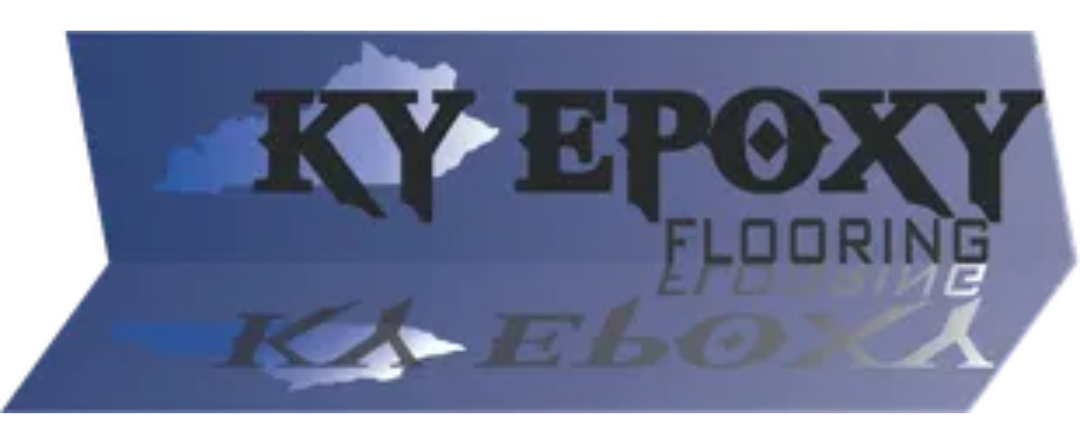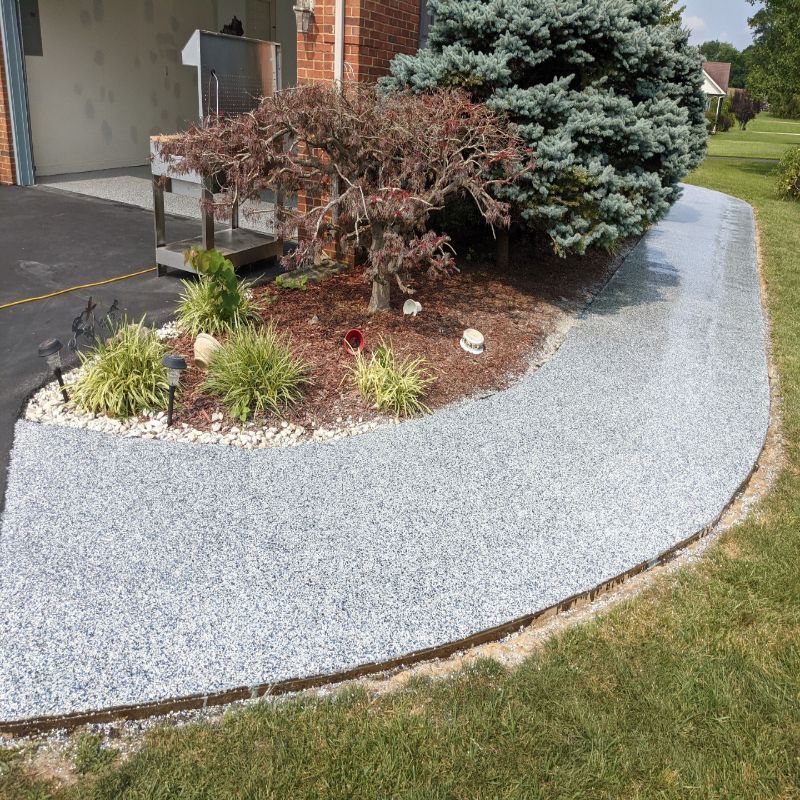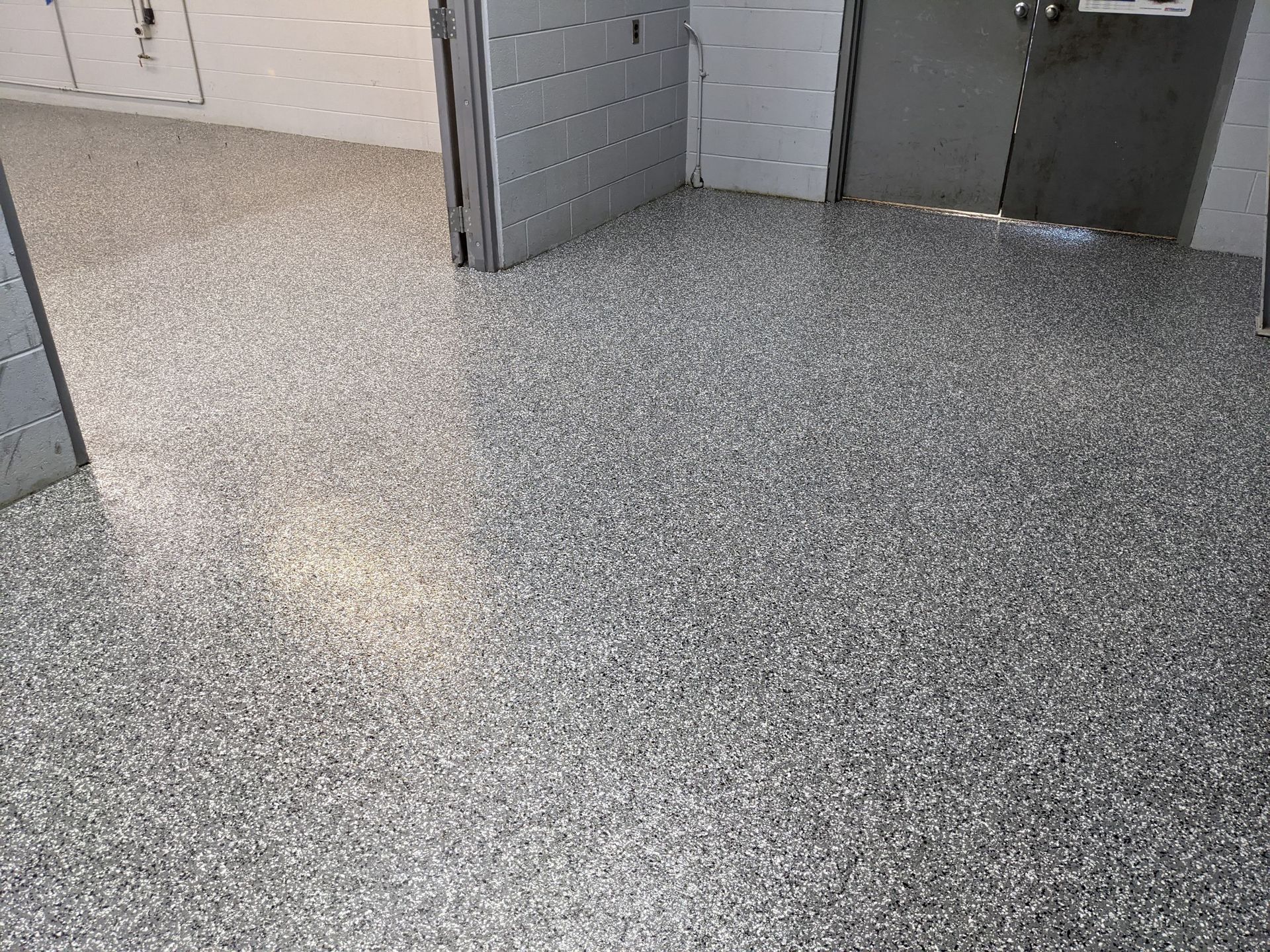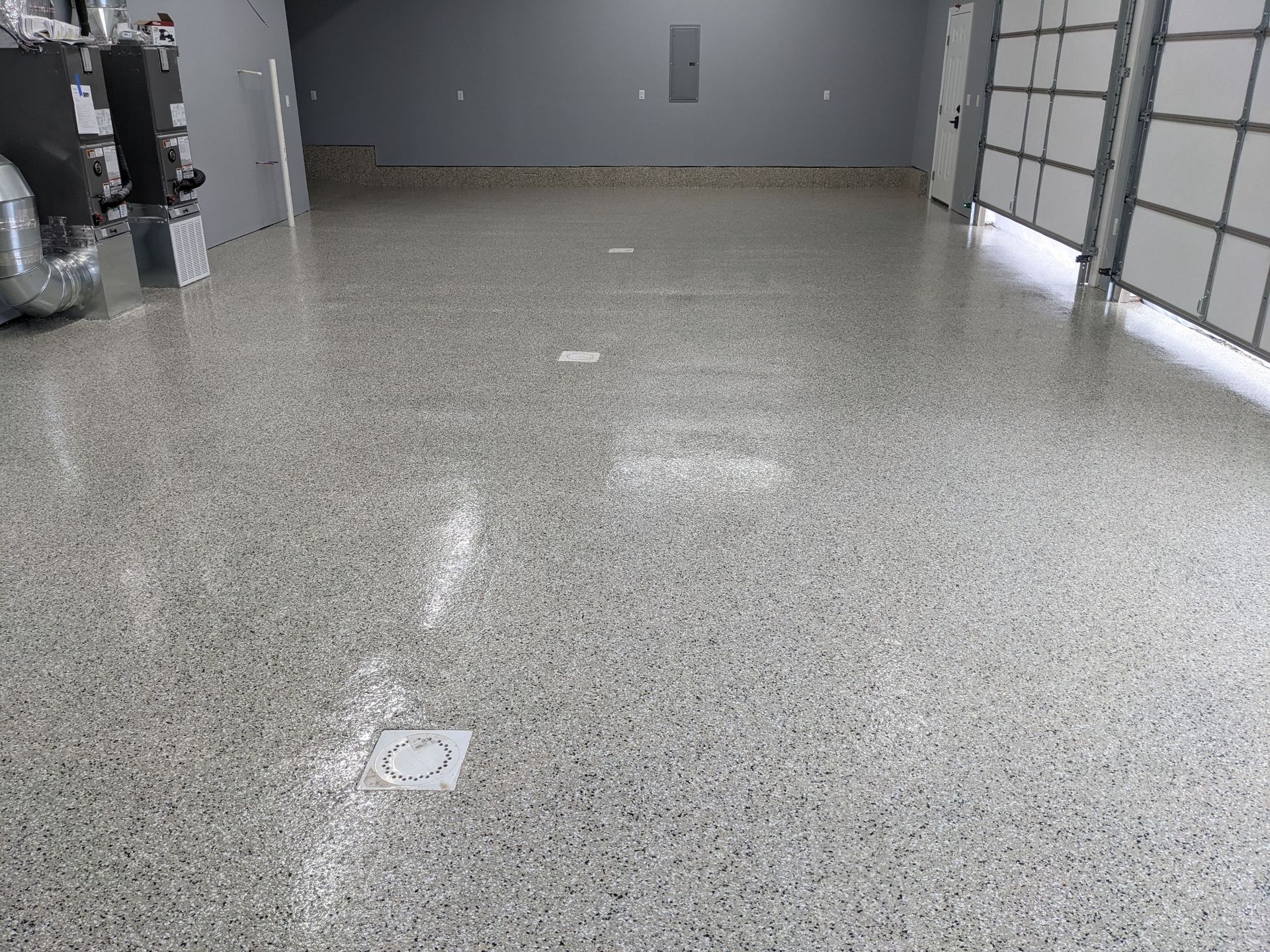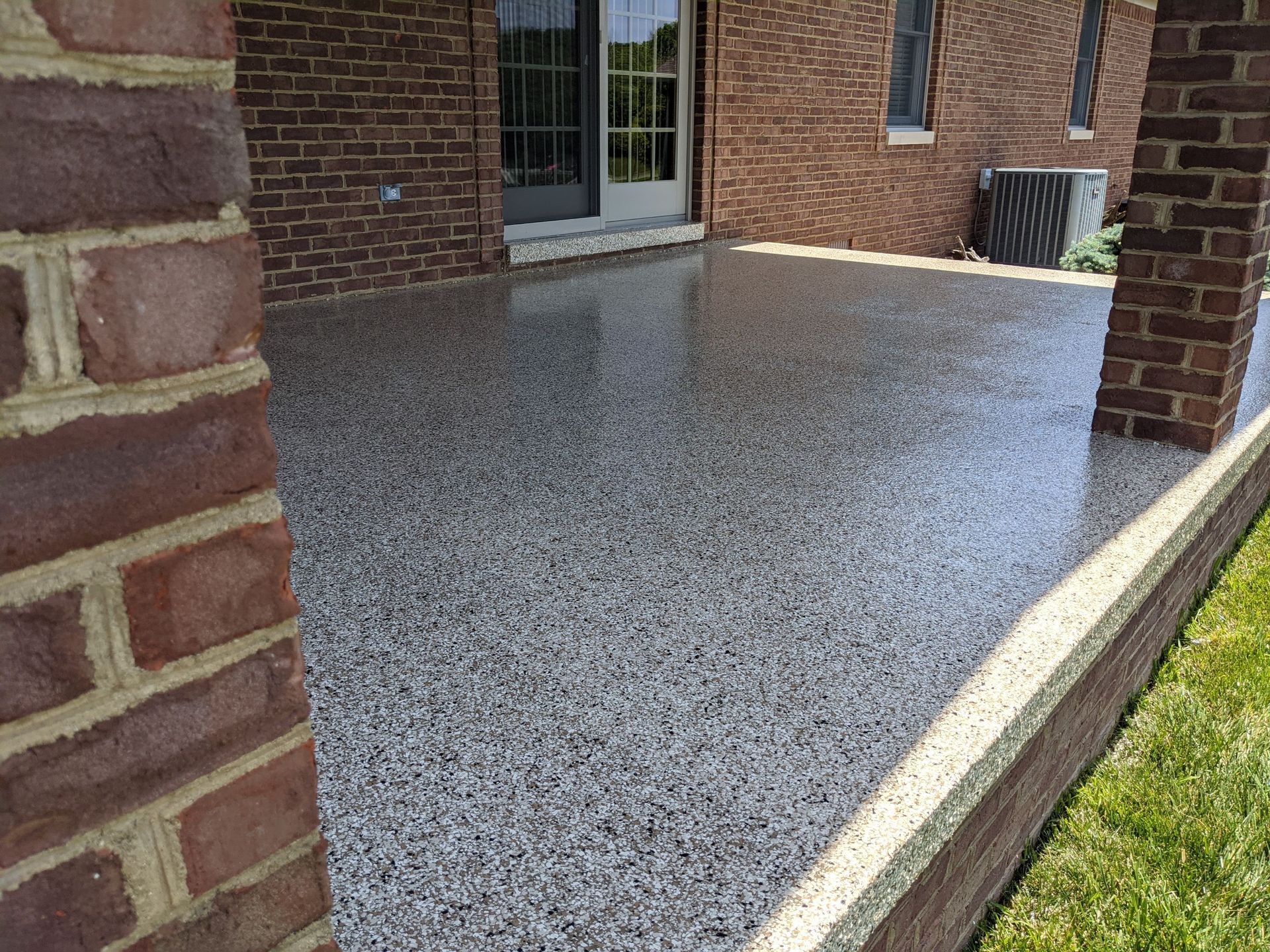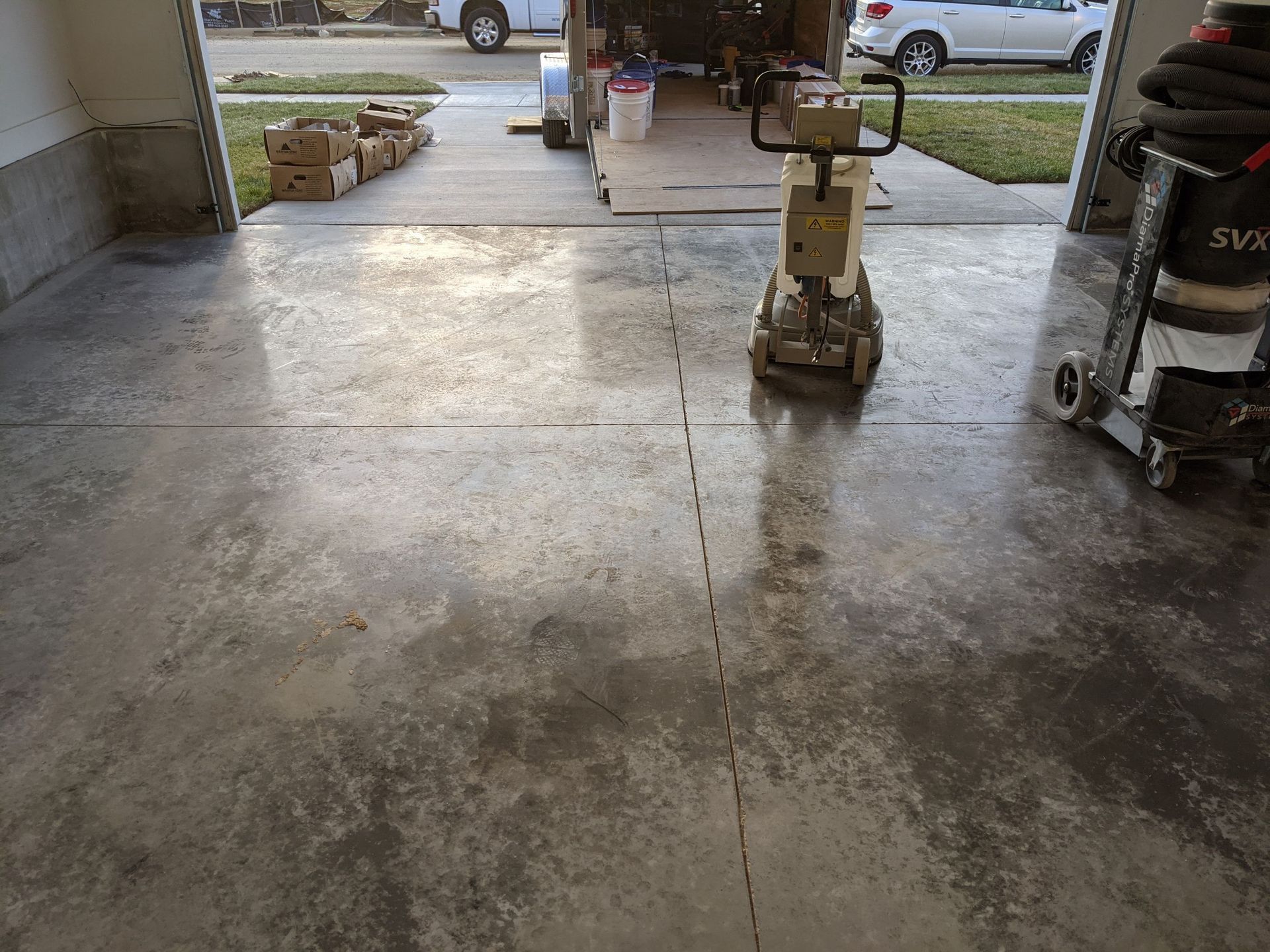Elevate Your Space with Durable and Stylish Epoxy Flooring
When transforming the look and feel of your floors in Lexington, KY, epoxy flooring is the answer . Whether you're a homeowner looking to revamp your interior or a business owner seeking durable and attractive flooring options, KY Epoxy Flooring is here to deliver exceptional results.
Why Choose Epoxy Flooring?
Epoxy flooring has become a popular choice for both residential and commercial spaces, and for good reason. Here are some of the key benefits that make epoxy flooring stand out:
Durability
Epoxy coatings are incredibly durable and can withstand heavy foot traffic, making them ideal for high-traffic areas like garages, warehouses, and commercial spaces. They resist stains, cracks, and impact damage, ensuring your floors look great for years.
Easy Maintenance
Epoxy floors are low-maintenance, making them a practical choice for busy homeowners and business owners. They are resistant to moisture, oil, and chemicals and can be easily cleaned with a mop or a simple sweep.
Aesthetic Appeal
Epoxy flooring comes in various colors and finishes, allowing you to choose a style that complements your space. Whether you prefer a sleek, glossy finish or a decorative, textured look, epoxy can be customized to match your design preferences.
Quick Installation
KY Epoxy Flooring's experienced professionals can install epoxy floors efficiently, minimizing downtime for your business or disrupting your daily routine at home. We work swiftly without compromising on the quality of our work.
Safety
Epoxy flooring can be designed to be slip-resistant, enhancing safety in areas prone to spills or moisture. This is especially important for businesses where the safety of employees and customers is a top priority.
Our Epoxy Flooring Services
At KY Epoxy Flooring, we offer a comprehensive range of epoxy flooring services to cater to your unique needs:
-
Residential Epoxy Flooring: Upgrade the aesthetics and functionality of your home with our residential epoxy flooring solutions. From garages and basements to kitchens and living areas, epoxy can transform your space. - Commercial Epoxy Flooring: Create a professional and inviting atmosphere in your business establishment with our commercial epoxy flooring services. We serve various industries, including retail, healthcare, and manufacturing.
At KY Epoxy Flooring, we are committed to exceeding your expectations with every project. We take pride in our craftsmanship, attention to detail, and dedication to customer satisfaction.
Ready to elevate your space with epoxy flooring in Lexington, KY?
Contact KY Epoxy Flooring today
for a consultation and a personalized quote. Let us transform your floors into stunning, durable, easy-to-maintain surfaces you'll love for years!
